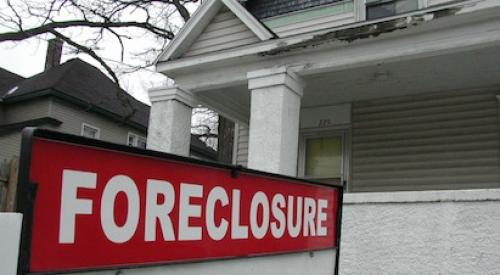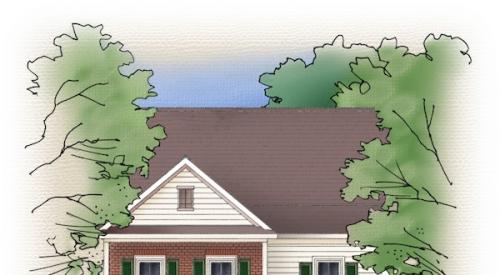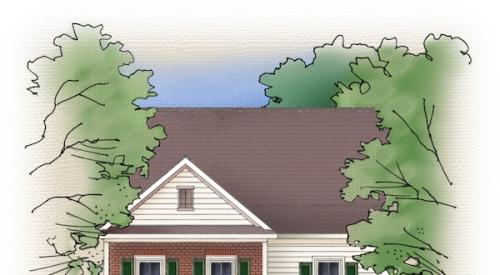Nearly half (49 percent) of U.S. adults are at least somewhat likely to consider purchasing a foreclosed property, up from 45 percent in May 2010, according to the latest results of an ongoing survey tracking homebuyers' attitudes toward foreclosed homes by Harris Interactive on behalf on Trulia and RealtyTrac.
However, despite the rising interest in buying a foreclosed home, an increasing number of U.S. adults also recognize negative aspects to buying a foreclosure. Over the past six months, the number of U.S. adults who believe there are downsides to buying foreclosed properties has increased to 81 percent, from 78 percent in May 2010. Among those who think there are negative aspects to purchasing a foreclosed home, the top concerns about purchasing a foreclosed property between November 2010 and May 2010 include:
- Hidden costs
- Process is risky
- Home may lose value
Two-thirds (67 percent) of U.S. adults would expect to pay at least 30 percent less for a foreclosed home than a similar home that was not in foreclosure, and one-third of U.S. adults (35 percent) would expect to pay at least 50 percent less for a foreclosed home. Overall 97 percent of U.S. adults would expect at least some discount on a foreclosed home.
“It seems like consumer expectations and market realities are beginning to align when it comes to foreclosure discounts,” said Rick Sharga, senior vice president, RealtyTrac. “During the third quarter, foreclosure homes sold for an average of 32 percent less than homes not in foreclosure. It’s also not surprising that we’ve seen an increase in negative sentiment toward foreclosure purchases, where the recent robo-signing controversy has added more confusion to an already complicated process.”
About the survey
This November 2010 survey was conducted online within the United States by Harris Interactive via its QuickQuery(SM) online omnibus service on behalf of Trulia between November 2-4, 2010 among 2,034 U.S. adults aged 18 years and older. The sample included 1,329 homeowners, 1,000 of whom currently have a mortgage, and 652 renters. Figures for age, sex, race/ethnicity, education, region and household income were weighted where necessary to bring them into line with their actual proportions in the population. Propensity score weighting was used to adjust for respondents’ propensity to be online. This online survey is not based on a probability sample and therefore no estimate of theoretical sampling error can be calculated.













